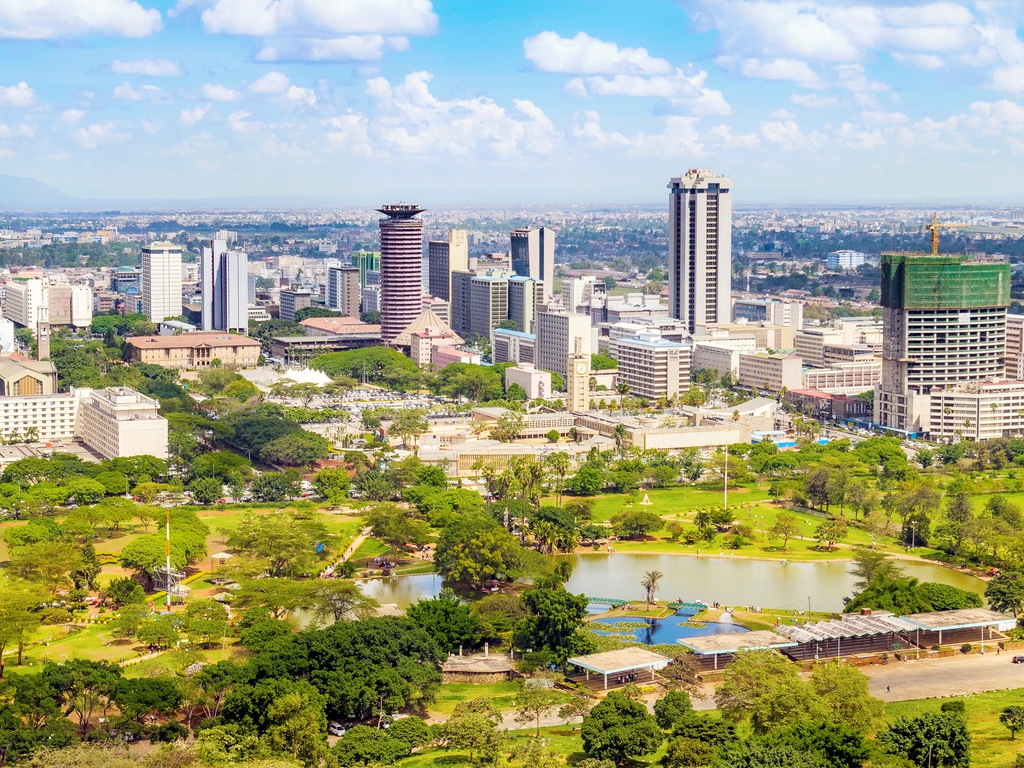At the Forum on Cities and Regions held on February 24, 2022 in Nairobi, the capital of Kenya, urban areas were recognized by the urban authorities of the African continent as drivers of environmental degradation, biodiversity loss, climate change and pollution. In the discussions between leaders, investors and members of the organizations participating in the meeting, emphasis was placed on leveraging nature-based solutions for resilient, smart and sustainable cities.
During the meeting, leaders from several cities pledged to join efforts to reduce greenhouse gas emissions, combat the prolonged droughts that affect Eastern and Southern Africa in particular. From now on, these cities will multiply initiatives aimed at protecting the continent’s fauna and flora.
“Local and sub-national governments play a critical and central role in making these changes and in making urban infrastructure greener and more resilient to environmental threats,” said United Nations Environment Programme (UNEP) Executive Director Inger Andersen.
The development of the green economy
Faced with the triple global crisis of climate change, loss of nature and biodiversity, pollution and waste, the Summit on Cities and Regions was also an opportunity for leaders to agree on possible mechanisms for financing economic opportunities to reduce pollution and value solutions such as recycling, an asset for job creation and the development of the circular economy.
“When we invest in nature and integrate that into climate strategy, infrastructure standards, building codes or planning guidelines, then we make a difference. And when we invest in those mangrove forests that protect the city or that urban wetland that can collect water and heavy rains, we are investing in the infrastructure of nature,” says Inger Andersen.
Focusing on sustainable agriculture for cities
At the end of this second edition of the Forum on Cities and Regions, the Food and Agriculture Organization of the United Nations (FAO), UNEP, the Global Alliance for Improved Nutrition (GAIN) and the United Nations Human Settlements Programme (UN-HABITAT) jointly launched a coalition for sustainable and inclusive urban food. In the process, participants developed a publication examining the potential of sustainable agriculture to feed growing urban populations while providing environmental benefits in terms of the potential expected by leaders.
Read also-SOUTH AFRICA: UNIDO and Flanders support green economy in the face of climate change
“Addressing the challenges of food systems requires changing how and what city dwellers eat,” says International Resource Panel (IRP) co-chair and former Brazilian environment minister Izabella Teixeira.
Benoit-Ivan Wansi
